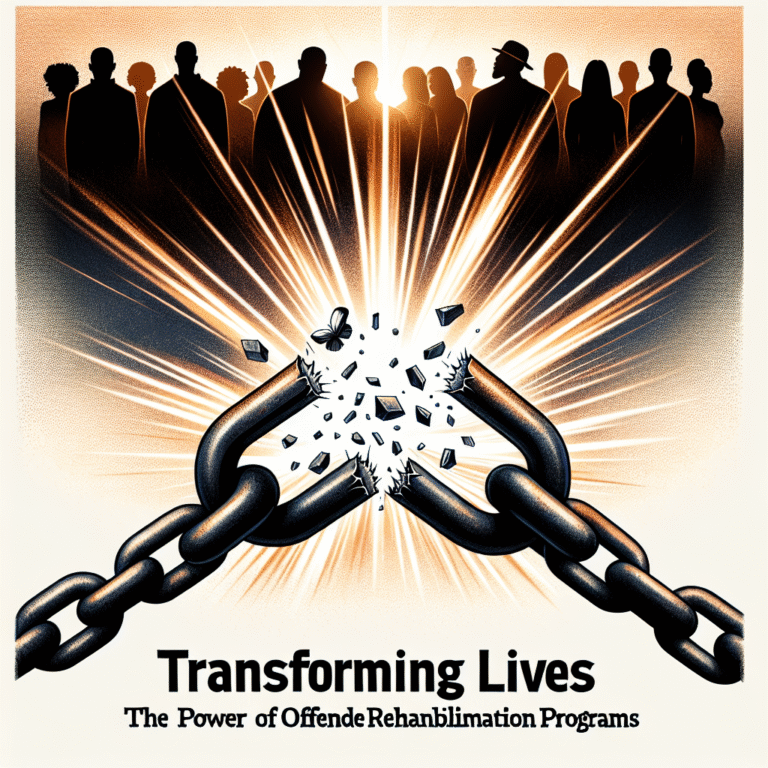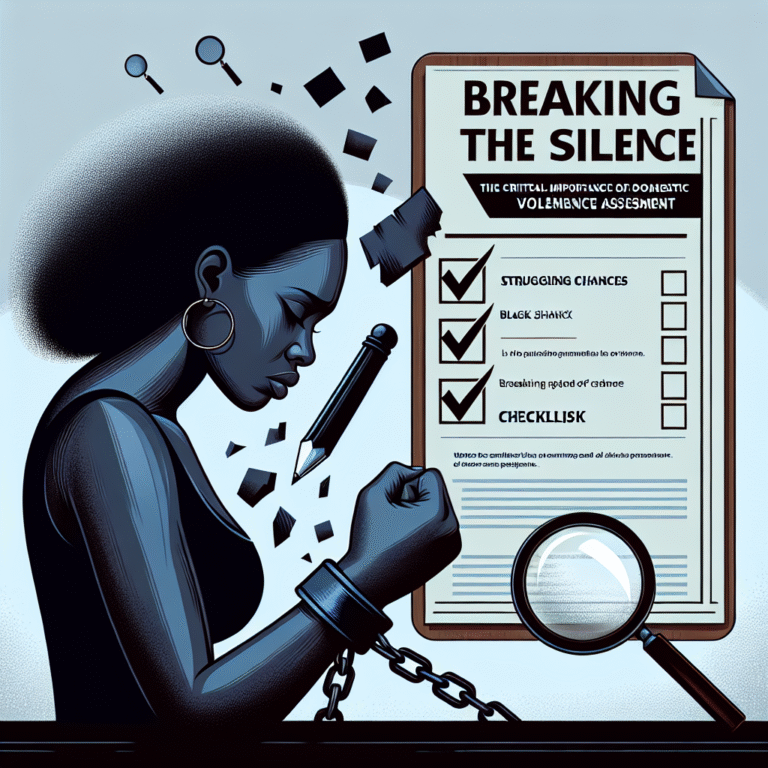
Introduction
In the intricate web of the American legal system, few concepts are as pivotal as Miranda competence. This principle not only safeguards individual rights but also lays a foundation for fair legal proceedings. Understanding Miranda competence: the key to fair legal proceedings serves as a reminder that justice should never be blind, particularly when it comes to upholding the rights of individuals within the judicial framework. This article delves deep into this crucial topic, examining its implications, real-world case studies, and how it contributes to a more equitable legal landscape.
The Basics of Miranda Competence
What is Miranda Competence?
Miranda competence refers to an individual’s ability to understand their rights as articulated in the Miranda warning. Given when someone is taken into custody, this warning informs them of their right to remain silent and to have an attorney present. This competency is critical as it ensures that individuals can make informed decisions regarding their legal circumstances.
Historical Context
The origins of Miranda competence are rooted in the landmark Supreme Court case Miranda v. Arizona (1966). This case highlighted the necessity for law enforcement to inform suspects of their rights, particularly in preventing coerced confessions that arise from a lack of understanding. Understanding Miranda competence: the key to fair legal proceedings can be traced back to this historic decision that reinforced the value of personal rights in the judicial system.
The Importance of Understanding Miranda Competence
Protecting Individual Rights
Understanding Miranda competence is crucial for protecting individual rights. When suspects comprehend their rights, they are in a better position to exercise them effectively, leading to fairer trials and justice outcomes. It ensures the preservation of constitutional freedoms, which are the cornerstones of democracy.
Ensuring Fair Legal Proceedings
Fair legal proceedings hinge on the informed choices of individuals. If a suspect does not understand their rights, any statement made during interrogation may be deemed inadmissible, thereby affecting the outcome of a case. This highlights how ensuring that individuals possess Miranda competence is essential for upholding the integrity of the judicial process.
Case Studies in Miranda Competence
Case Study 1: Miranda v. Arizona
The Miranda v. Arizona case serves as a foundational example of how Miranda competence shapes legal proceedings. Ernesto Miranda was arrested, interrogated without being informed of his rights, and ultimately confessed to crimes. This confession was later ruled inadmissible due to his lack of understanding of his rights, underscoring the critical nature of Miranda competence.
Analysis: This case illustrates the potential consequences of insufficient Miranda competence, emphasizing the necessity for clear communication of rights to ensure fair proceedings.
Case Study 2: Dickerson v. United States
In 2000, the Supreme Court reaffirmed the Miranda ruling in Dickerson v. United States. The defendant, who had not received the Miranda warning, challenged the admissibility of his confession. The Court ruled that confessions obtained without proper Miranda warnings could not be used in court, further showcasing the importance of ensuring that individuals understand their rights.
Analysis: This case reinforces the applicability of Miranda competence across various legal contexts, showcasing how pivotal it is in shaping not just individual cases but also legal precedents.
The Role of Law Enforcement
Training and Protocols
To maintain high standards of Miranda competence, law enforcement agencies must implement stringent training protocols. Officers should be adept at delivering the Miranda warning clearly and comprehensively, ensuring that suspects truly understand their rights. This emphasis on training helps to institutionalize the concept of Miranda competence within police departments.
The Importance of Documentation
Accurate documentation of the Miranda warning is critical. When officers document the delivery of the warning and the suspect’s response, it provides valuable evidence should the admissibility of a confession be challenged in court. This practice not only promotes transparency but also strengthens the foundation of fair legal proceedings.
Understanding Barriers to Competence
Cognitive Limitations
Understanding Miranda competence is not uniformly accessible to all individuals. Cognitive limitations, such as mental health issues or developmental disabilities, can hinder one’s ability to comprehend legal language. The courts must take these factors into account to ensure fair treatment.
Language Barriers
Language differences can also create significant barriers to understanding Miranda rights. Non-native speakers might struggle to grasp the nuances of the warning if delivered in English. Providing interpreters or translated materials is crucial for ensuring that these individuals fully understand their rights.
The Impact of Technology
Recording Interrogations
With advances in technology, recording interrogations has become more common. This practice not only protects the rights of suspects but also serves as a tool for evaluating Miranda competence. Video evidence can capture whether an individual was adequately informed and understood their rights, ensuring a more just process.
Online Resources
The proliferation of online resources about legal rights enhances public understanding of Miranda competence. Individuals can educate themselves before ever encountering the legal system, leading to a more informed populace and ultimately fairer legal proceedings.
Conclusion
Understanding Miranda competence: the key to fair legal proceedings is more than just a legal necessity; it’s a moral imperative. A justice system that respects and upholds individual rights ensures that fairness and equity prevail. By illuminating the complexity surrounding Miranda competence, we not only protect those accused but also strengthen our legal framework.
As we move forward, let’s advocate for continuous education and resources to empower individuals in understanding their rights. The quest for a fair legal system begins with us—every informed citizen contributes to the integrity of our justice system.
FAQs
1. What happens if a suspect does not understand the Miranda warning?
If a suspect does not understand the Miranda warning, any statements they make during the interrogation may be deemed inadmissible in court, potentially jeopardizing the prosecution’s case.
2. How is Miranda competence assessed?
Miranda competence is often assessed through the suspect’s ability to articulate their understanding of their rights, both during the warning and when making decisions about whether to talk to law enforcement.
3. Are there exceptions to Miranda warnings?
Yes, certain exigent circumstances may allow law enforcement to forgo delivering Miranda warnings, such as instances where public safety is at risk or evidence may be destroyed.
4. Can minors waive their Miranda rights?
Minors can waive their Miranda rights, but courts often scrutinize whether they fully understand the implications of such a waiver, requiring special considerations regarding age and maturity.
5. What role do defense attorneys play in ensuring Miranda competence?
Defense attorneys advocate for their clients’ rights, ensuring that any admissions made during interrogation were conducted with full comprehension of Miranda rights. They can challenge inadmissible confessions based on the lack of Miranda competence.
Through this exploration, we have uncovered the intricacies of Miranda competence, its implications for fair legal proceedings, and the societal responsibility to educate and protect rights within our legal framework.

















